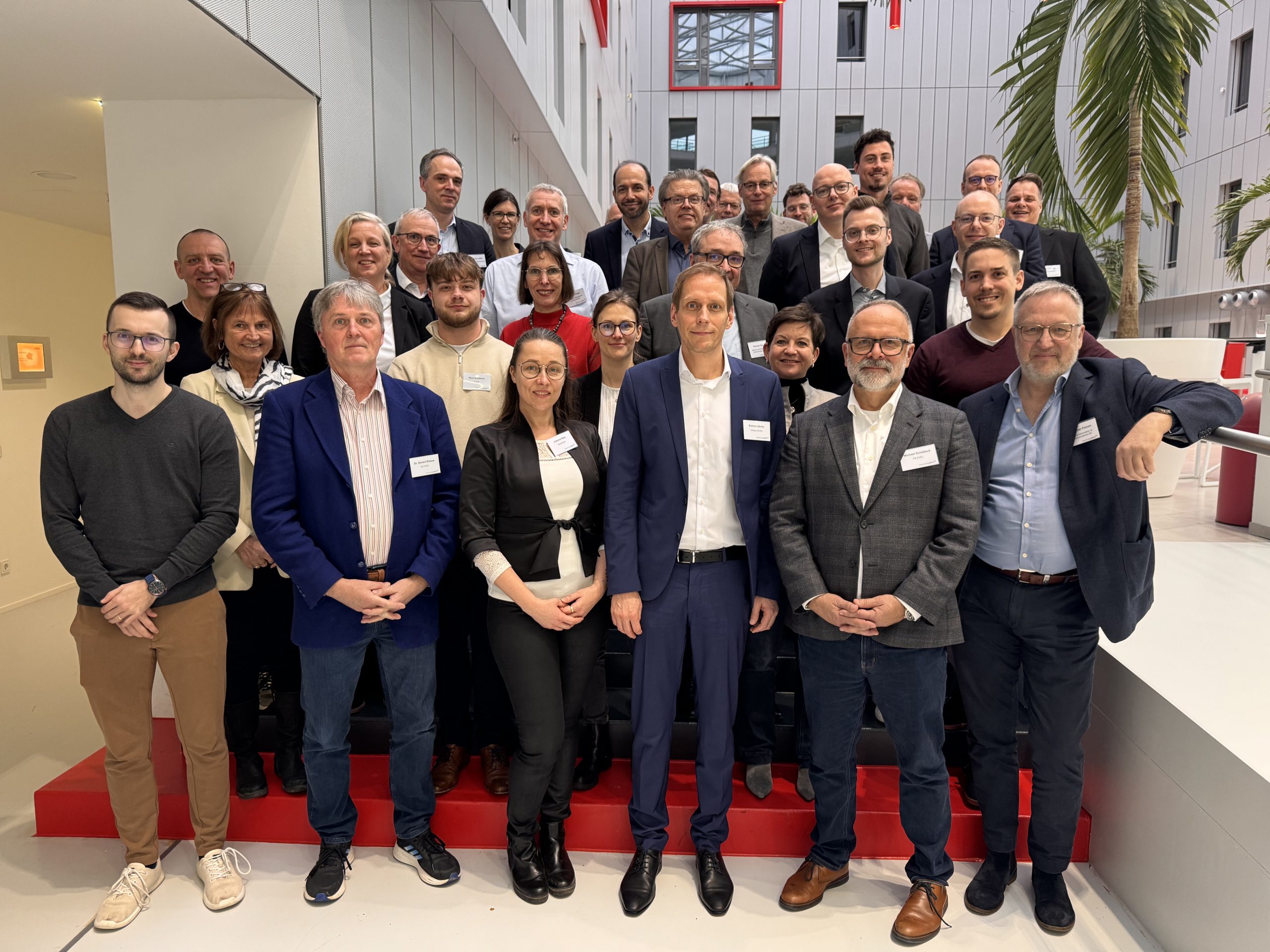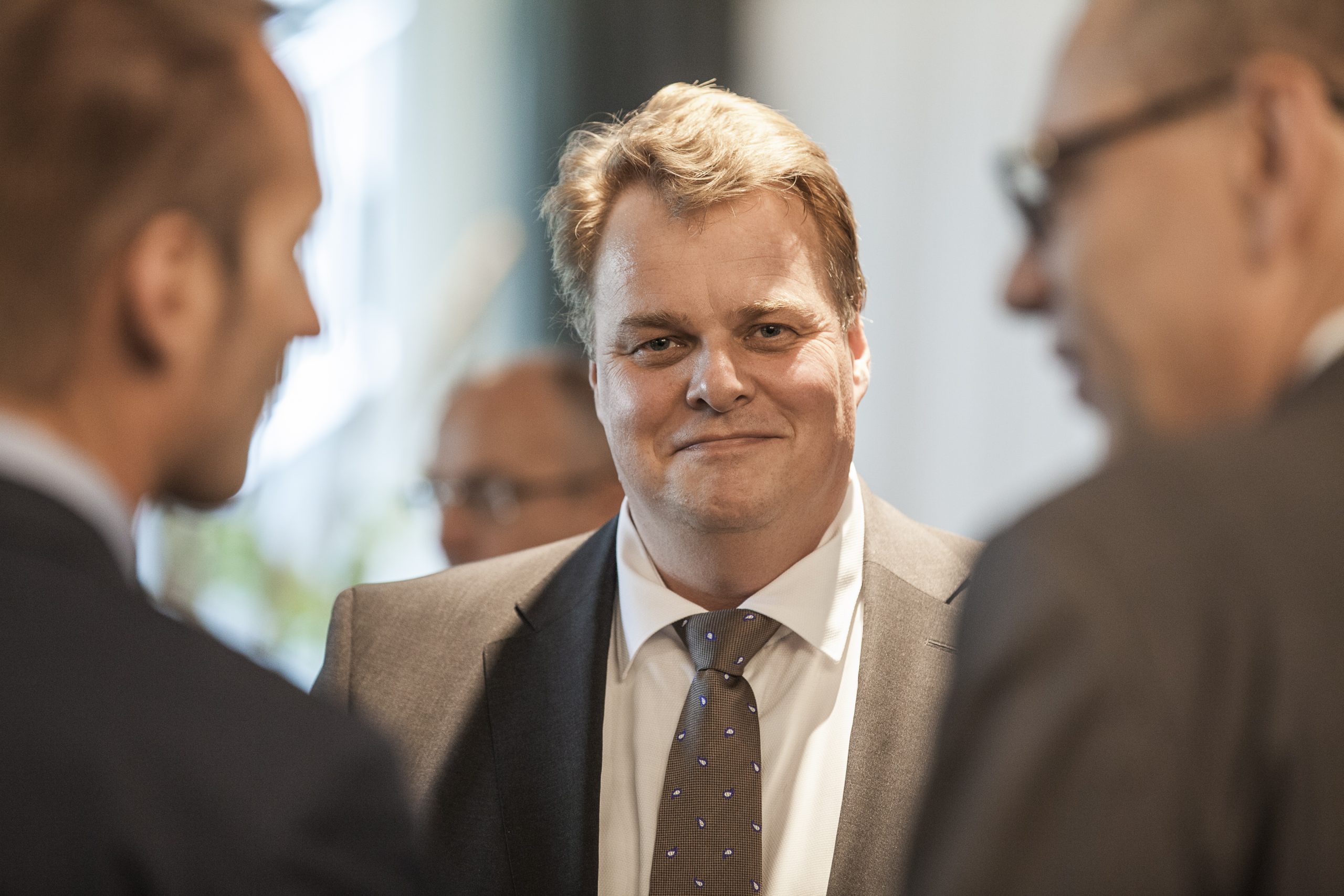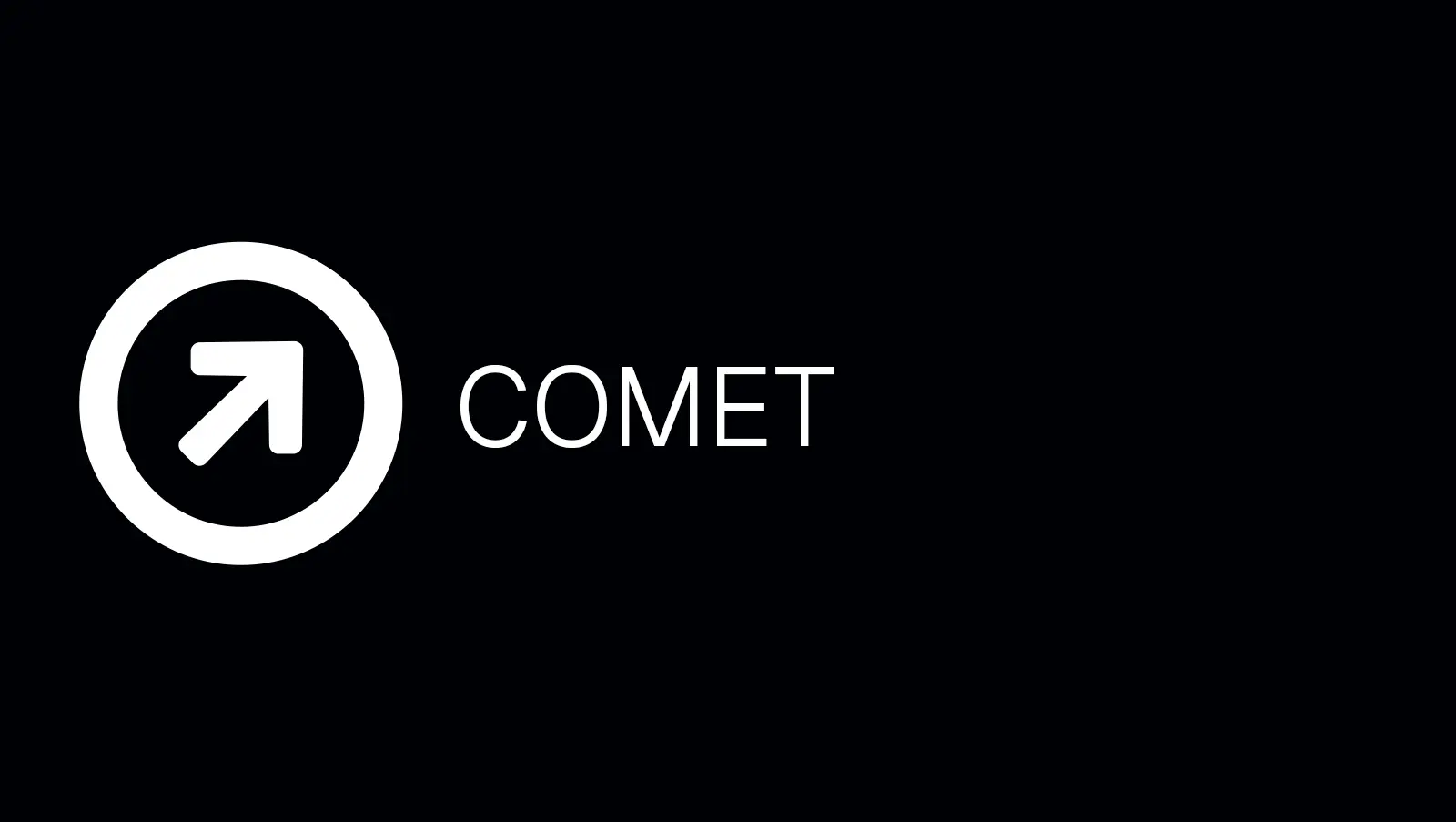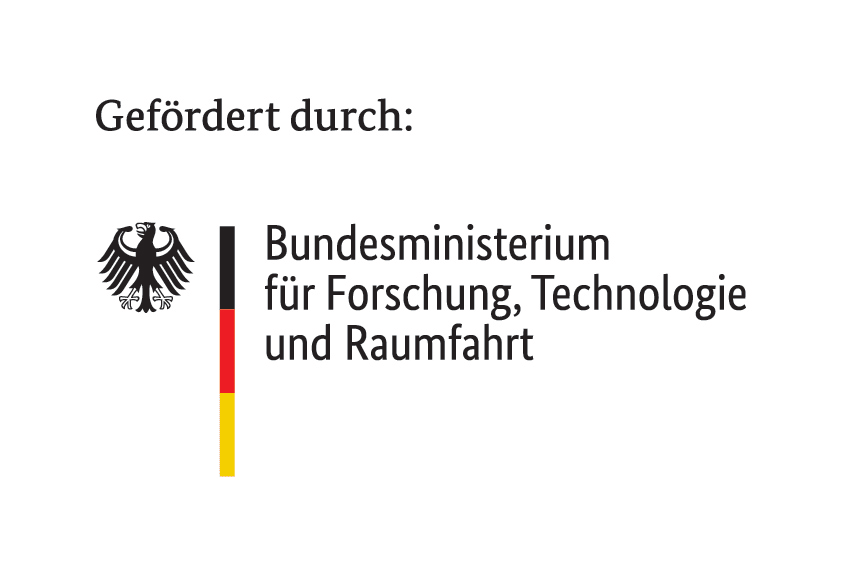SmartLivingNEXT: how to implement the EU Data Act in practice.
8. January 2024
3 minutes
The EU Data Act regulates the fair exchange of data and a trustworthy data environment in the EU. SmartLivingNEXT puts the requirements into practice: the smart living ecosystem allows companies to share data with third parties while retaining control.

On November 27, 2023, the Council of the European Union adopted the EU Data Act to address the growing challenges associated with the data economy and data exchange in the EU. The EU Data Act envisages that in future not only the manufacturer, but also the users of networked devices will be able to decide how data that they have helped to create should be handled. Users can be companies as well as consumers. In future, this will also apply to data from the residential environment and from residential buildings.
SmartLivingNEXT shows that data sovereignty can also be implemented technically. The research program funded by the Federal Ministry for Economic Affairs and Climate Protection (BMWK) is working on a solution that makes it possible to bring together data from the private living environment across manufacturers in a protected data room and share it in a controlled manner. The SmartLivingNEXT Dataspace provides the technological framework that consistently meets the strict data sovereignty requirements. Data can be shared here without the partners involved losing control over it. This will also boost the market dynamics in the area of data-based services that the EU is striving for.
SmartLivingNEXT ecosystem: a trustworthy basis for data-based services
The conceptual approach of SmartLivingNEXT is that data remains in its respective original systems, but can be linked on a logical level. As a result, digital service providers and manufacturers of physical components can generate new intelligent applications and business models in the resulting smart living ecosystem based on the available data and in addition to basic AI services, while at the same time meeting the requirements of the EU Data Act. They do this by allowing specifically authorized persons or organizers to use the data generated in their systems for predefined purposes – these explicitly include the programming of new applications.
A special feature is that market participants can thus be networked on an equal footing and without discrimination. The usual model of a dominant platform provider to which all other participants have to submit is no longer applicable. The result is a scalable and very low-threshold offer to become involved in an existing ecosystem as a provider or consumer of data or services and to benefit from it. Participants retain permanent control over their data.
New digital services can cover areas such as living comfort, the energy efficiency of buildings, home security and assisted living and care. But it can also significantly simplify the maintenance of buildings and the associated administrative tasks.
Article in audio format:
Editorial office:
Maximilian
Metzner
Category:
SmartLivingNEXT
Copyright information
Teaserfoto: Markus Spiske on Unsplash




